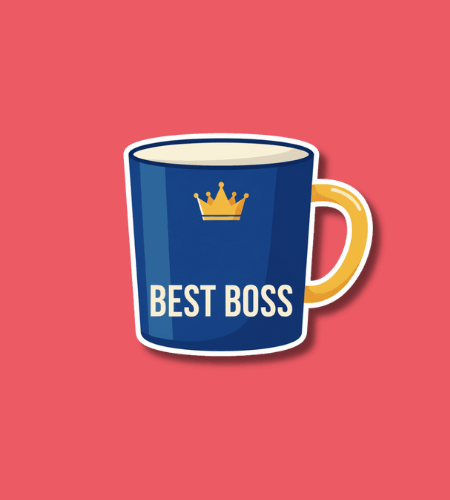National Boss’s Day is observed October 16 each year (or on the nearest working day if the 16th falls on a weekend). It is a day when employees can show appreciation to their bosses or supervisors for their guidance, leadership, and support.
History of National Boss’s Day
The idea for National Boss’s Day dates to 1958, when Patricia Bays Haroski, then a secretary at State Farm Insurance in Deerfield, Illinois, registered the observance with the U.S. Chamber of Commerce. She picked October 16 as the date because it was her father’s birthday—and he was her boss.
A few years later, in 1962, the Governor of Illinois, Otto Kerner, formally proclaimed the day in that state, giving it more public recognition. Over time, Hallmark began offering Boss’s Day greeting cards, first doing so in 1979, which helped the observance spread in workplaces.
Why is National Boss’s Day important?
On one level, National Boss’s Day is about gratitude—it invites reflection on the role that managers play behind the scenes: making decisions, resolving conflicts, supporting team growth, and sometimes carrying responsibilities that many employees never see. Recognizing these efforts can help humanize leadership, and foster a climate of mutual respect in the workplace.
However, the day also raises subtle questions about workplace dynamics. Because “boss” is a position of authority, gift-giving or expressions of gratitude carry different weight than in peer relationships. Done thoughtfully, it can strengthen rapport; done carelessly, it can feel performative. The ideal is sincerity without obligation, and appreciation without coercion.
- It provides a structured moment for employees to express thanks
- It highlights that good management contributes to workplace morale
- It can help reduce distance between leaders and their teams
- It can stimulate healthier workplace culture when done genuinely
- It encourages reflection on leadership’s challenges and responsibilities
How to Observe National Boss’s Day
If you have a boss or supervisor you respect, consider a small gesture—sending a thoughtful card, email, or note expressing what you appreciate about their leadership. These don’t need to be extravagant; authenticity matters more than price. For teams, a collective card or shared message can be especially meaningful, showing that it comes from the group rather than a single individual.
Another approach is to make the day reciprocal: ask your boss how you or your team could support them better, or offer to take on a small task to ease their load. In some workplaces, HR or leadership may organize a small treat (e.g. lunch, snacks) or acknowledgment during a meeting. The key is making it affirming without pressuring any individual.
- Give a handwritten card or message of thanks
- Collect a group card or message from your team
- Offer to take on a task or share the load
- Publicly acknowledge something they’ve done well
- Bring in a treat (coffee, snacks) for their office
National Boss’s Day Dates Table
| Year | Date | Day |
|---|---|---|
| 2026 | October 16 | Friday |
| 2027 | October 16 | Saturday |
| 2028 | October 16 | Monday |
| 2029 | October 16 | Tuesday |
| 2030 | October 16 | Wednesday |
Subscribe to our newsletter and never miss a holiday again!

